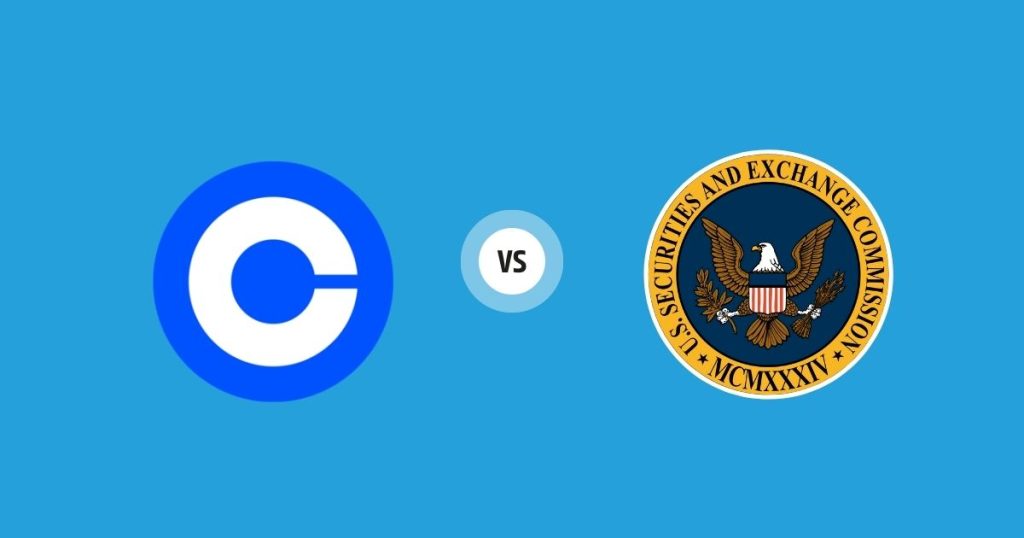Coinbase Chief Legal Officer Paul Grewal said in a letter on Monday that the U.S. Securities and Exchange Commission should rescind its rule proposal requiring distributed exchanges to fall under the agency’s purview and start over.
Originally put up in January 2022 and reopened for opinions in April, the rule expands the definition of an exchange to include distributed ones. Eventually, the rule may mandate that these scattered projects register with the government as alternative trading platforms. Over the years, hundreds of feedback letters have been submitted, including from legislators, the crypto sector, and conventional exchanges like Nasdaq.
Challenges for DEXs Under SEC Regulation
Grewal wrote his letter to the SEC on Monday, stating that the SEC “irrationally assumes” that distributed exchanges can follow the same rules as more conventional ones.
“Among other matters, DEXs cannot comply with registration and disclosure rules designed for legacy financial exchanges managed by centralized companies. And even if DEXs could somehow comply with existing registration and disclosure rules, the Commission does not explain how SEC-registered DEXs could help the trading of digital assets,” Grewal stated.
According to repeated remarks by SEC Chair Gary Gensler, most cryptocurrencies are securities, and crypto platforms should register with the agency. Gensler claimed in a statement in April 2023 that most trading platforms fit the definition of an exchange “whether they call themselves centralized or decentralized.” The agency has punished companies—including Coinbase—for running as an unregistered exchange and issued a Wells notice against Uniswap Labs, the developer of the distributed exchange Uniswap, last year.
Decentralized exchanges will also have heavy compliance expenses to identify which digital assets qualify as securities.
“There is no guarantee that its definition will be the same as whatever (unstated) definition the Commission was contemplating in the Proposed Rule when attempting to conduct its cost-benefit analysis. Even if and when the Commission finally settles on a definition,” Grewal wrote.
Impact of the Chevron Doctrine Reversal
Grewal referenced in the letter the June decision of the U.S. Supreme Court reversing the Chevron doctrine. Originating in a Supreme Court case from 1984 titled Chevron U.S.A., Inc. v. Natural Resources Defense Council, Inc., the doctrine—also known as the Chevron deference—results from Under such circumstances, the Supreme Court proposed a legal standard stating that when the law is unclear, courts should follow the interpretation of a government agency.
“The recent demise of Chevron deference only underscores how unlikely it is that reviewing courts will agree with the Commission’s sweeping attempt to stretch the Exchange Act’s key terms far beyond their original meaning,” Grewal stated in the letter.
You can also freely share your thoughts and comments about the topic in the comment section. Additionally, don’t forget to follow us on our Telegram, YouTube, and Twitter channels for the latest news and updates.


